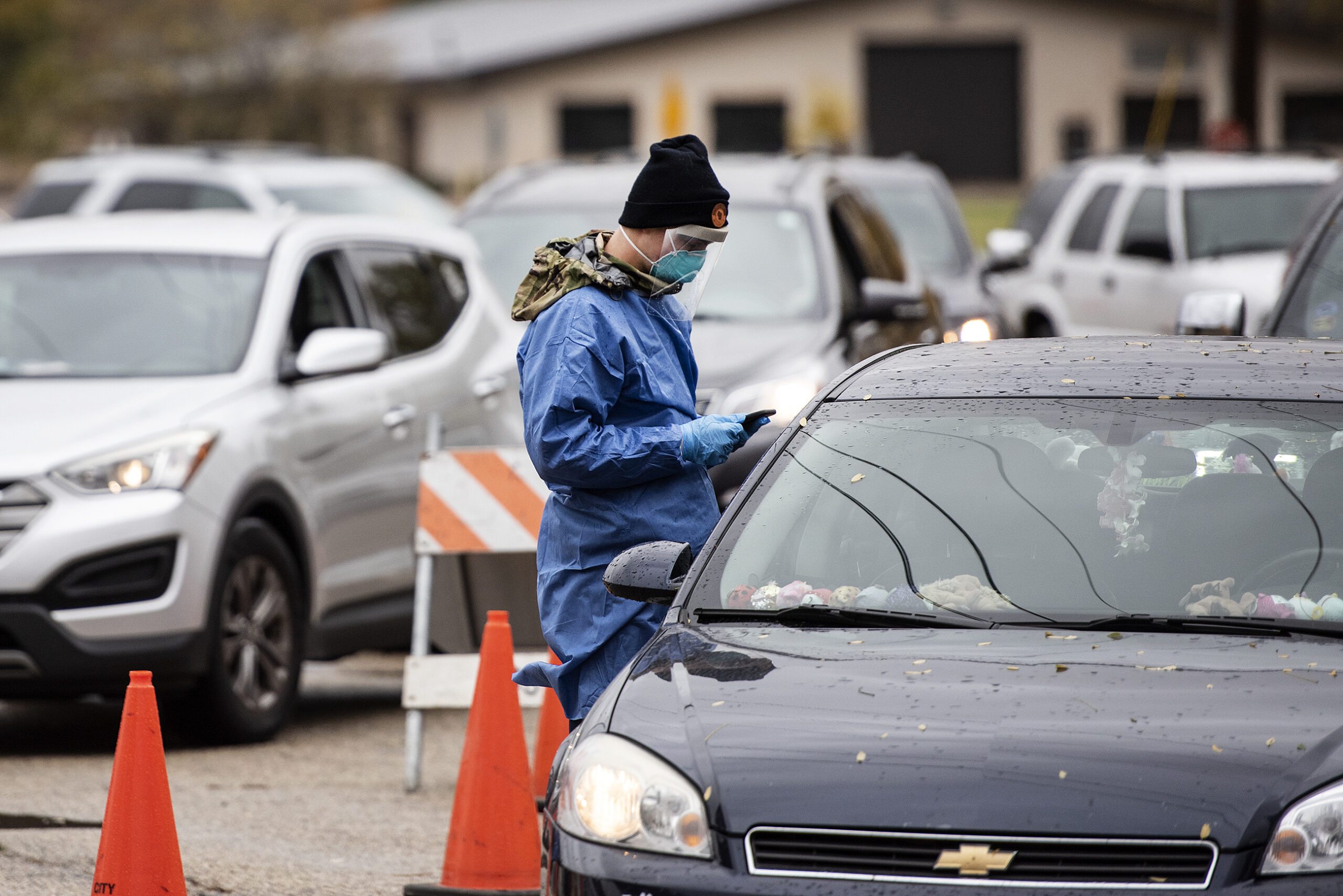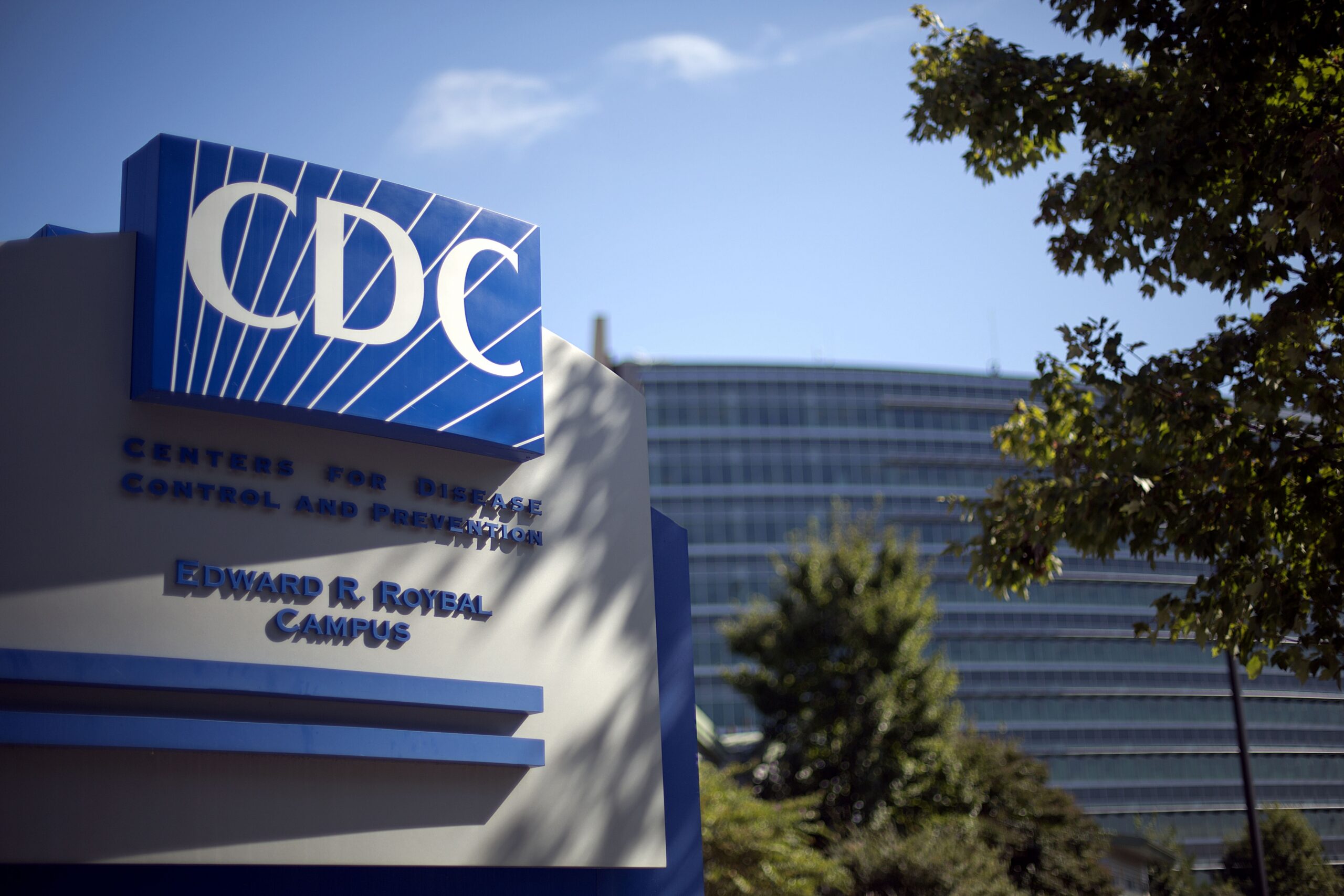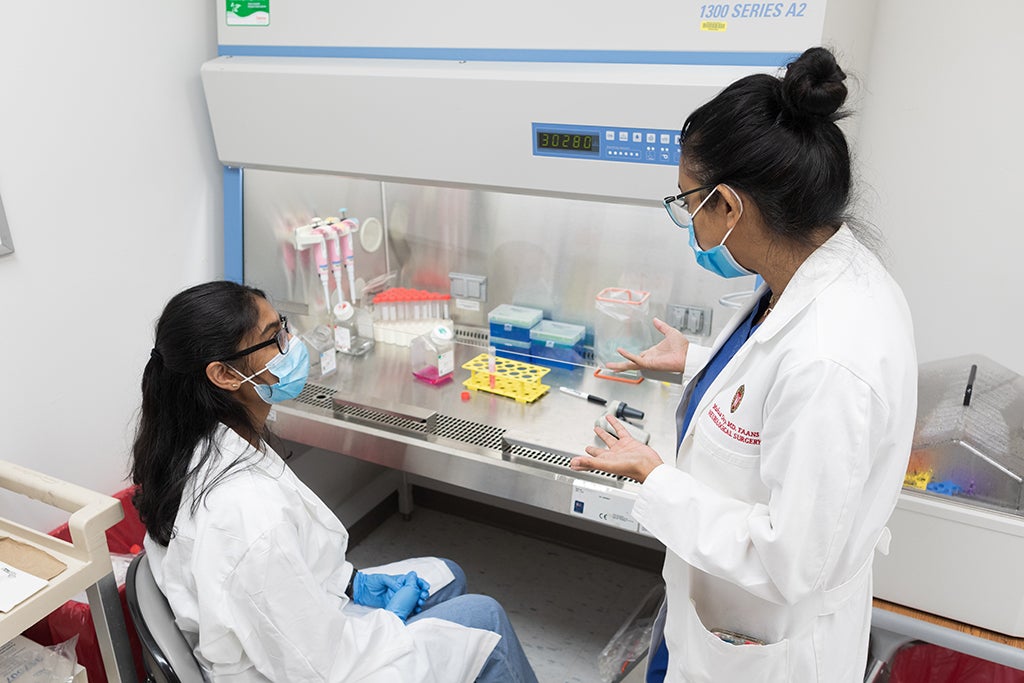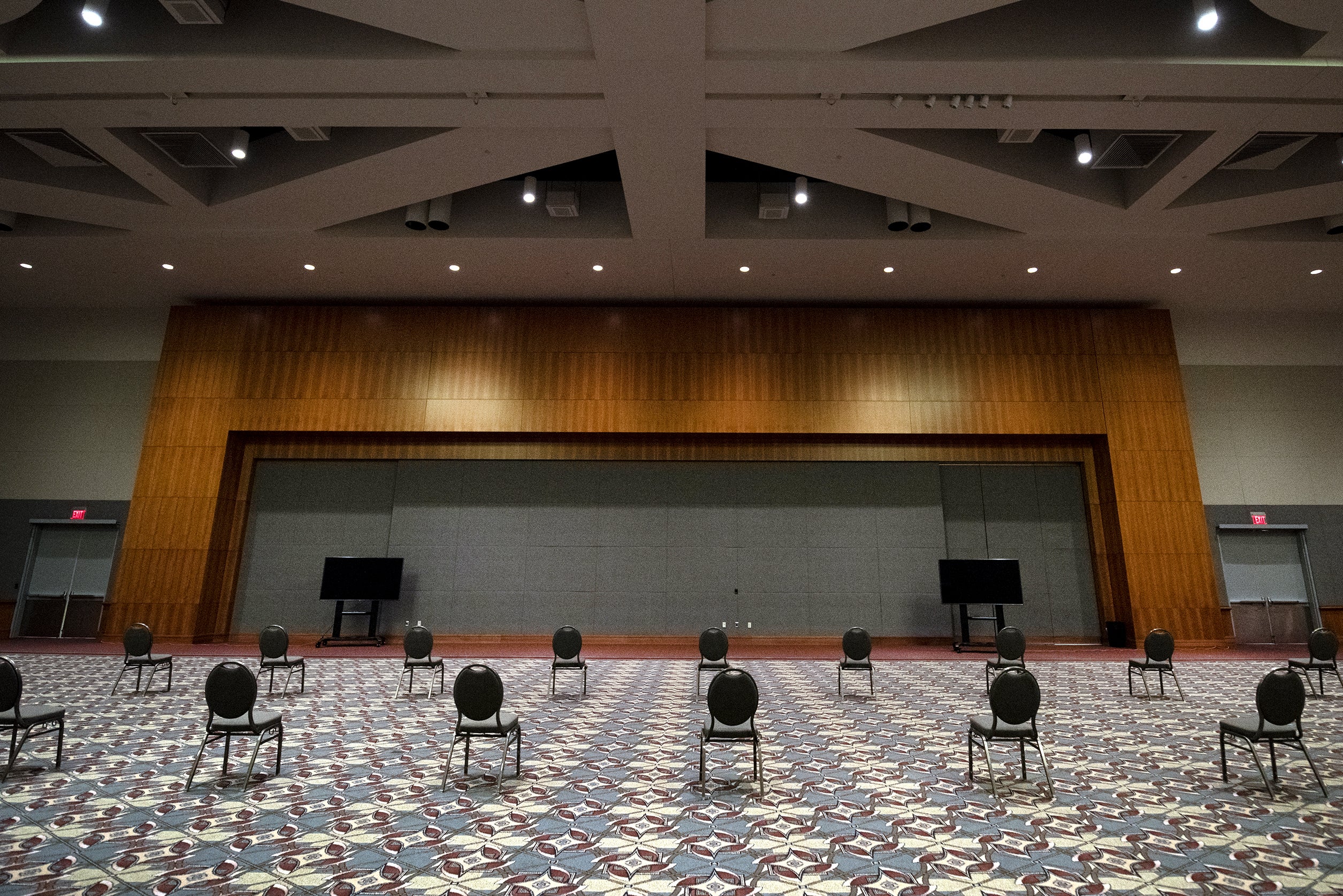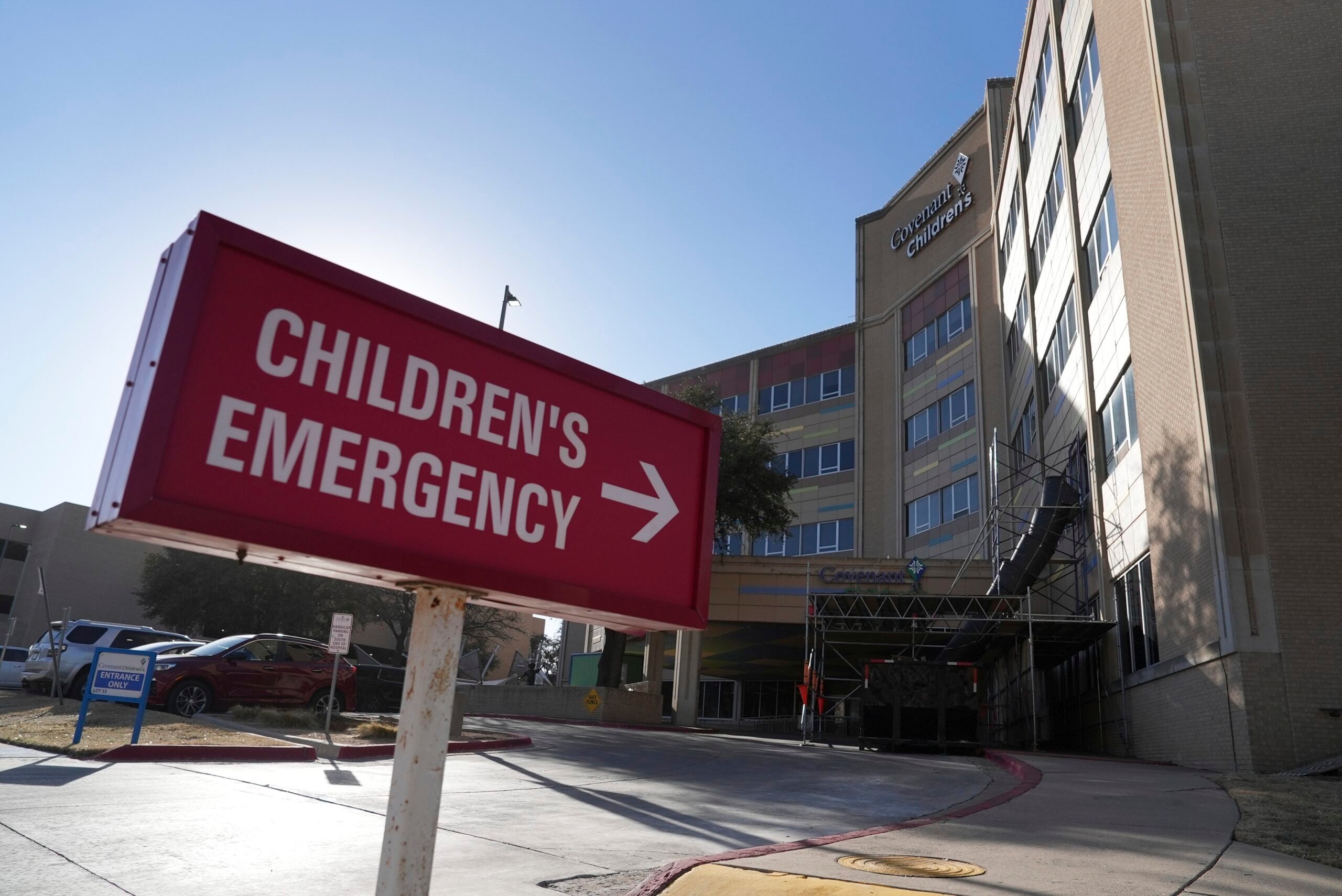As the COVID-19 pandemic carries into the new year, lingering questions remain about the finer-tuned details and recommendations around quarantining.
WPR’s WHYsconsin has received numerous questions about how long to quarantine when multiple people in a household test positive for COVID-19 at different times. WPR’s Mary Kate McCoy recently spoke with Dr. Jeff Pothof, UW Health’s chief quality officer, to answer your questions.
The interview has been edited for brevity and clarity.
News with a little more humanity
WPR’s “Wisconsin Today” newsletter keeps you connected to the state you love without feeling overwhelmed. No paywall. No agenda. No corporate filter.
Mary Kate McCoy: If you have various people in a household and they test positive for COVID-19 at different times, what does the quarantine timeframe look like? Does the first person to test positive have to quarantine for 14 days after the last person to test positive?
Dr. Jeff Pothof: The answer to that would be probably not. We think that once you’ve had COVID-19, you’re probably afforded some immunity, at least for six months. So if you are COVID positive and someone else in your household has COVID, you still want to take all those precautions that you would otherwise take, like masking, avoid close contact, things like that.
But if you reached your end of the disease, i.e. you’ve been symptom free and you’re at that 14-day period, you’re not having fevers, those kinds of things, then you wouldn’t necessarily be a risk to other people in the community, even if someone in your residence hadn’t yet reached the end of their COVID isolation period.
MKM: If I already had COVID-19, am symptom free and have done the quarantine period, but then someone in my household tests positive, do I still need to quarantine? And for how long?
JP: For people who have COVID-19, their isolation applies to them, and then they probably don’t have to worry as much about other people in the house that may get sick later. So if I’m person A and I have COVID-19, I’m isolated and I’m going to isolate probably for seven to 10 days, I have to be fever free at that point, and then I’m done.
At that point, if person B then developed COVID-19, say four or five days after you get it, they were quarantining, but now they’re isolating. Person A wouldn’t need to isolate for the duration of person B’s isolation.
Where this gets a little bit fuzzy is our best data says you have immunity for at least six months, but it’s not well proven. As you increase that timeline, so let’s say person A gets COVID, they recover and now three months later someone they live with gets COVID, now what do you do? That’s a much greater gray area … because we don’t know really well how long that immunity lasts. We are seeing some people get it twice. And the longer you are out from your first confirmed case of COVID, the more your immunity wanes.
MKM: What is the timeline for getting tested if someone in your household tests positive?
JP: First, take the measures that you can to prevent others in the household from getting it.
If you can, isolate from the person who’s positive. That’s the best case scenario. So basically find someplace else to live. If you can’t find someplace else to live, which is completely reasonable, that’s hard to do, then basically your quarantine starts on the day that you knew the person was positive — in the best case scenario that extends for 14 days. More recently, the CDC adjusted that a little bit and they’re saying somewhere in that seven- to 10-day range.
The vast majority of people who are going to get COVID from living with someone who had it are probably going to get it within that first seven- to 10-day period. You can get tested at that point in time. If you’re negative, you’re good to go. If you want to be extra safe, wait 14 days after person A stops having their infectious symptoms.
MKM: What about the new COVID-19 strain that has been in the news recently? Are people who already had COVID immune to that?
JP: Our immune system has something that we call a polyclonal response, which means that our immune systems basically can see different parts of the virus such that if one part changes, it doesn’t suddenly fool us. We can still amount an immune response. So right now — and this is another thing that’s just emerging because that strain is new — we think, and are fairly confident, that people who developed immunity against COVID-19 would likely still be immune from the new strain for whatever duration of immunity you would have.

